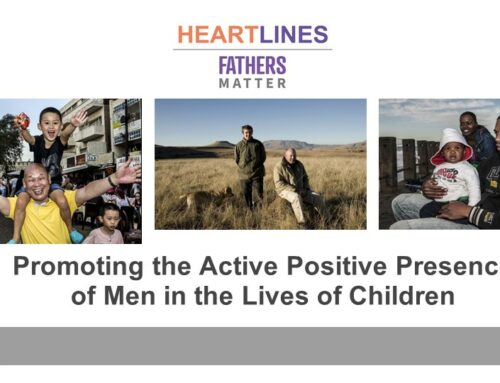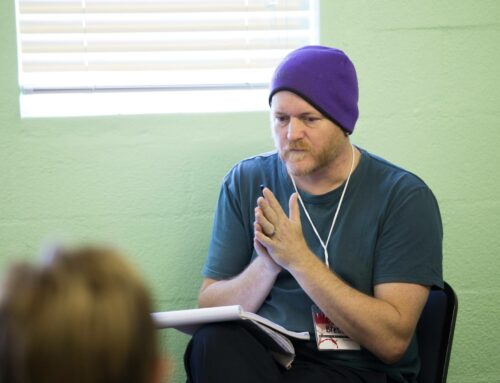Ndiyavuya Ukukwazi. It means “no worries, for the rest of your life”. Oh no, wait, that’s something else.
‘Ndiyavuya ukukwazi’ is the Xhosa phrase i am trying to learn today, as tbV and myself and a roomful of others move into week two of our six week Xhosa class and attempt to get the basic conversationals under our belts.
It is nice to meet you.
i just thought that since this is such a significant thing we are trying to [finally] do that it was worth writing about. i don’t want this to be a typically long drawn out post, but just some musings on learning an African language.
# This is long overdue. i am leaning towards believing more and more that if i want to engage with conversations and practices involving RACE and RESTITUTION and RECONCILIATION and UNITY in South Africa with any kind of sincerity, that i have to be making an attempt to speak the local predominant language.
# There is a cost. And it is more than worth it. Doing this course [which is only 1 of 3] cost tbV and myself over R2500 which doesn’t feel like money we have ‘just lying around’. But it was an easy decision. Plus it takes a lot of time and commitment to work through what we’ve learnt during the week and spend time with patient Xhosa speakers [thankx Nkosi!] to practice and get this stuff stuck in our heads.
# This is a call to action. i imagine, as with meal plans and gym visits a bunch of people see me posting and sigh, ‘There he goes again – bragging about this or that latest thing he is doing.’ And i can see why some might think that. But the intention is purely the hope that others might be inspired to jump in as well. This is a good thing so the more the merrier. And already from the initial posts we saw four people at our class who otherwise might not have been there.
# It is fun. We had a stand-in teacher for last night’s course and had a lot of fun with her, especially as she is used to teaching the advanced students and got thrown us runts… But with both of our teacher’s so far there has been freedom to make mistakes, to risk trying and to just go for it. The moments i had with Nkosi [my Xhosa partner] where he corrected some obvious mistake or showed me the word i thought i was using was actually another word because of how i said it. Priceless moments.
# It is hope giving. i am so excited to go and test out my fledgling Xhosa in the streets and petrol stations and shops. We grew up in a country where the expectation was that the African language speakers would learn English so we could understand them and vice versa. But once you willingly learn someone’s language when you don’t have to, it begins to build a bridge, which you can see as you start greeting people and having the smallest conversation in their language. It says, “I value you, and I am giving this thing a try” [with “please be gentle with me” understood].
What are you waiting for? If you can’t afford a course, then chat to one of your friends and ask them for some lessons in the basics and build from there.
And if you’re in Cape Town, then check out Xhosa Fundis above, cos they are doing a great job, as i imagine a bunch of other groups and people are… Tell me about your African Language experience in the comments…
[For the next post written at the end of the Xhosa course, click here]







[…] two weeks i shared a post called Xhosa and Effect, highlighting some of the things i was thinking about as we were busy with the […]
[…] [For the next post written two weeks into the Xhosa learning, click here] […]